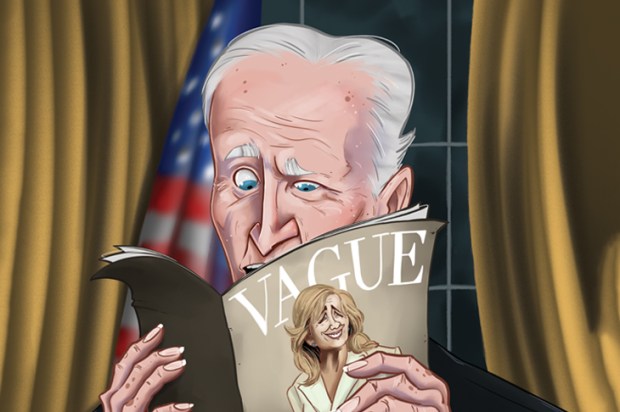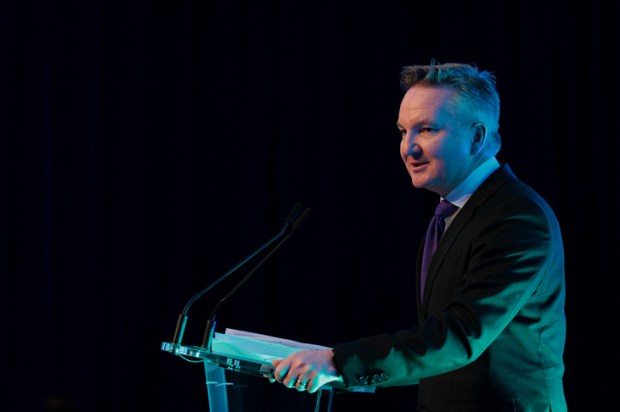The New South Wales Liberal politicians who criticise the Independent Commision Against Corruption’s leisurely finding that former premier Gladys Berejiklian engaged in serious corrupt conduct will no doubt agree, at least in private, on one matter.
This is that, in all its exquisite detail, including the rushed legislation to validate the injustice it had imposed, ICAC’s creator and the body responsible for its many failings is none other than the parliamentary Liberal party.
Already a subscriber? Log in
Subscribe for just $2 a week
Try a month of The Spectator Australia absolutely free and without commitment. Not only that but – if you choose to continue – you’ll pay just $2 a week for your first year.
- Unlimited access to spectator.com.au and app
- The weekly edition on the Spectator Australia app
- Spectator podcasts and newsletters
- Full access to spectator.co.uk
Unlock this article
You might disagree with half of it, but you’ll enjoy reading all of it. Try your first month for free, then just $2 a week for the remainder of your first year.














Comments
Don't miss out
Join the conversation with other Spectator Australia readers. Subscribe to leave a comment.
SUBSCRIBEAlready a subscriber? Log in